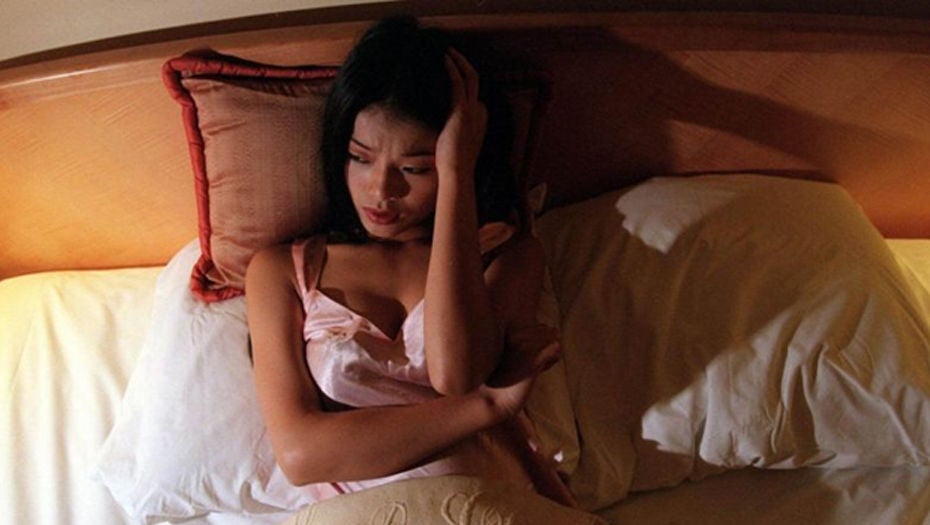
Sleep deprivation can be due to underlying medical conditions, the most common of which are chronic insomnia and obstructive sleep apnea. PHOTO: ST FILE
Both insufficient and excessive sleep increased a person's risk in health.
Salma Khalik, The Straits Times
Most people know that not getting enough sleep is bad for one's health. Few realise that sleeping too long may be even worse.
A local study that tracked 40,000 people over an average of 12.7 years found that both insufficient and excessive sleep increased a person's risk of death, especially from heart attacks and stroke.
This refers to people who usually slept less than five hours or more than nine hours a night.
The results were published earlier this year by the Sleep Research Society, which has over 1,200 members worldwide.
The article said that as people age, their sleep patterns tend to change. But it noted that "persistent short or long sleep of increasing sleep duration in late adulthood was associated with increased risk of all-cause mortality, especially from cardiovascular causes".
Professor Koh Woon Puay, an epidemiologist from Duke-NUS Medical School and one of the researchers of the study, said that when the subjects were younger, with an average age of 55 years, a short sleep duration increased their risk of death by 12 per cent and long sleep by 14 per cent.
But when the participants were at an average age of 68 years - 13 years older - she said: "While short sleep increased risk of death by 11 per cent, long sleep increased the risk by 35 per cent, suggesting that the risk of death associated with long sleep may even increase with age."
Another researcher in the study, Professor Michael Chee, director of the Centre for Cognitive Neuroscience at the Duke-NUS Medical School, said sleeping patterns change as people age.
From the study, at 55 years, 9 per cent of the 40,000 participants were short sleepers and 6 per cent were long sleepers. By the time they were 68 years old, 11 per cent were short sleepers and 24 per cent sleep longer than is good for them.
Prof Koh said another interesting finding from the study was that people who were sleeping long hours at both the start of the study and 13 years later were at even higher risk.
They faced a 47 per cent increase in risk, particularly for cardiovascular disease death such as stroke or coronary artery disease, she said.
In contrast, those who have always had short sleep had an increased risk of 27 per cent for death.
But those whose sleep pattern switched from short to long sleep fared the worst, with a 50 per cent higher risk of death than people who sleep the recommended seven hours.
However, she also noted that longer hours of sleep for older people could be the result - and not the cause - of poorer health and higher risk of death.
Prof Chee said the "sweet spot" in terms of getting the best rest among older people here is between 6½ and seven hours of sleep a night.
This is a little less than the seven to eight hours generally recommended internationally.
But he added: "We don't quite know why."
Aside from heightened risk of death, people who have insufficient sleep could also be at higher risk of Alzheimer's Disease.
A recently released study from the Baltimore Longitudinal Study on Aging found that people who experience excessive daytime sleepiness have three times the amount of beta amyloid plaque in their brains.
High amounts of this plaque is associated with Alzheimer's Disease.
These people also reported shorter sleep duration and poorer sleep quality.
SOURCE: THE STRAITS TIMES SINGAPORE PRESS HOLDINGS LIMITED. REPRODUCED WITH PERMISSION.
Contributed by














 Get it on Google Play
Get it on Google Play